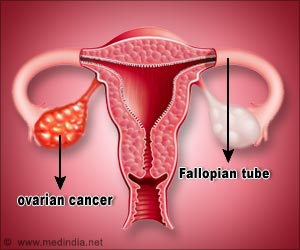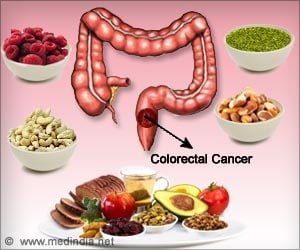
AURORA-A, AGEING AND CANCER
Aurora-A is a protein involved in the regulation of the cell cycle, a process by which cells reproduce and form tissues. Although these elementary functions had been widely studied in several model organisms and mouse embryos, their role in tissues and adult organisms remained unknown.
Using genetically engineered Aurora-A deficient mice, the authors of the study have discovered that the absence of this protein causes an increase in the number of cells with a high DNA content; this is a consequence of an aberrant distribution of the genetic material upon division.
"This phenomenon causes defects in cell proliferation, as well as an increase in the number of dead and senescent cells, which triggers premature ageing in the animals studied", says Ignacio Pérez de Castro. The researcher adds that: "In those mice, we also see an increase in DNA damage and, most importantly, a reduction in the progression of skin and breast tumours".
The study helps to solve two of the great limitations pharmaceutical companies find themselves up against when they carry out clinical trials with Aurora protein inhibitors. Firstly, the compounds used in clinical trials are not completely specific and are not capable of adequately discriminating between the three members of the Aurora family: Aurora- A, B or C. Mice generated by CNIO confirm the therapeutic value of the first member of this family of proteins.
Advertisement
Given that Aurora-A inhibition damages DNA, Malumbres's team says that the use of Aurora-A inhibiting drugs could sensitise tumours to anti-cancer agents that are currently in clinical use and attack cells causing high levels of DNA damage.
Advertisement










